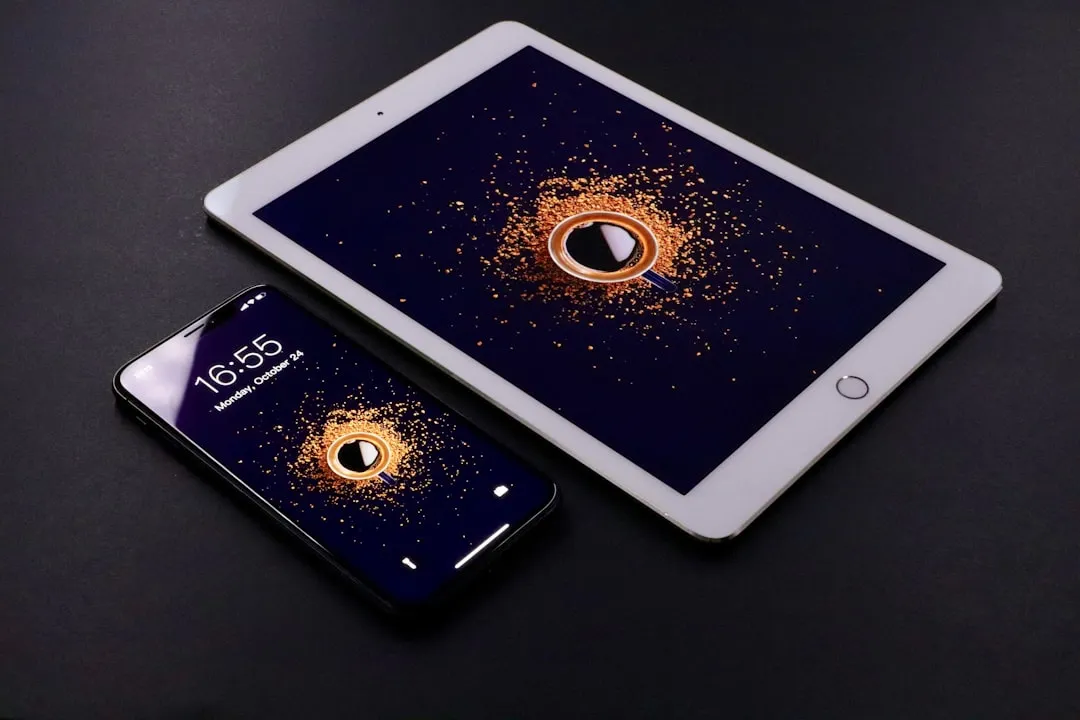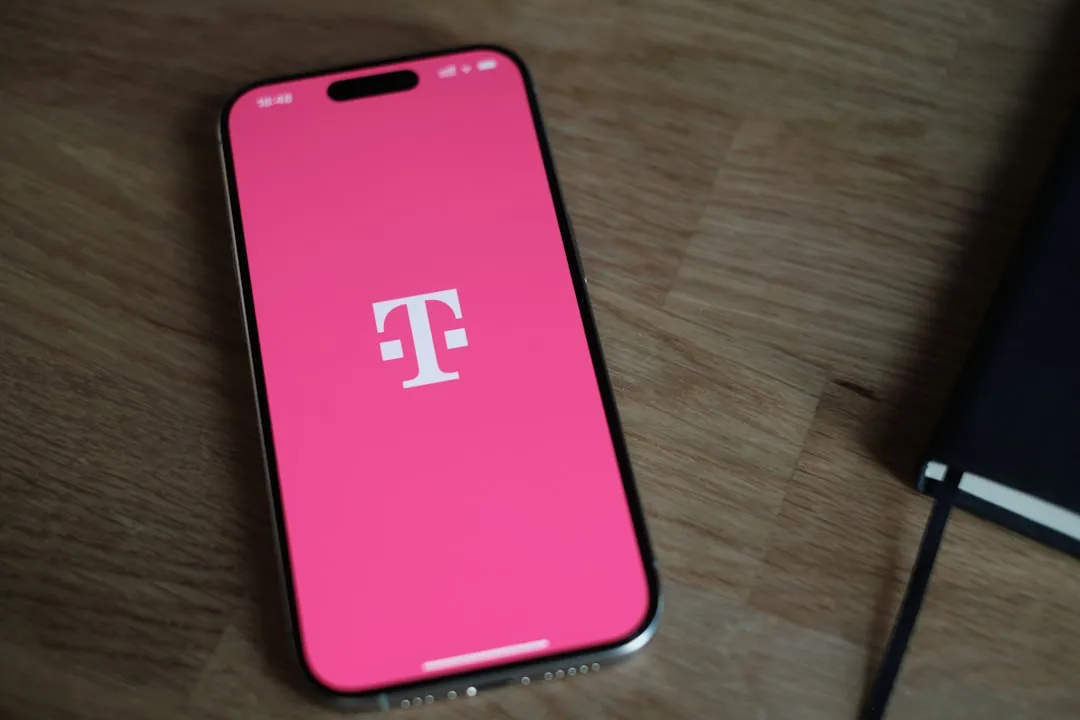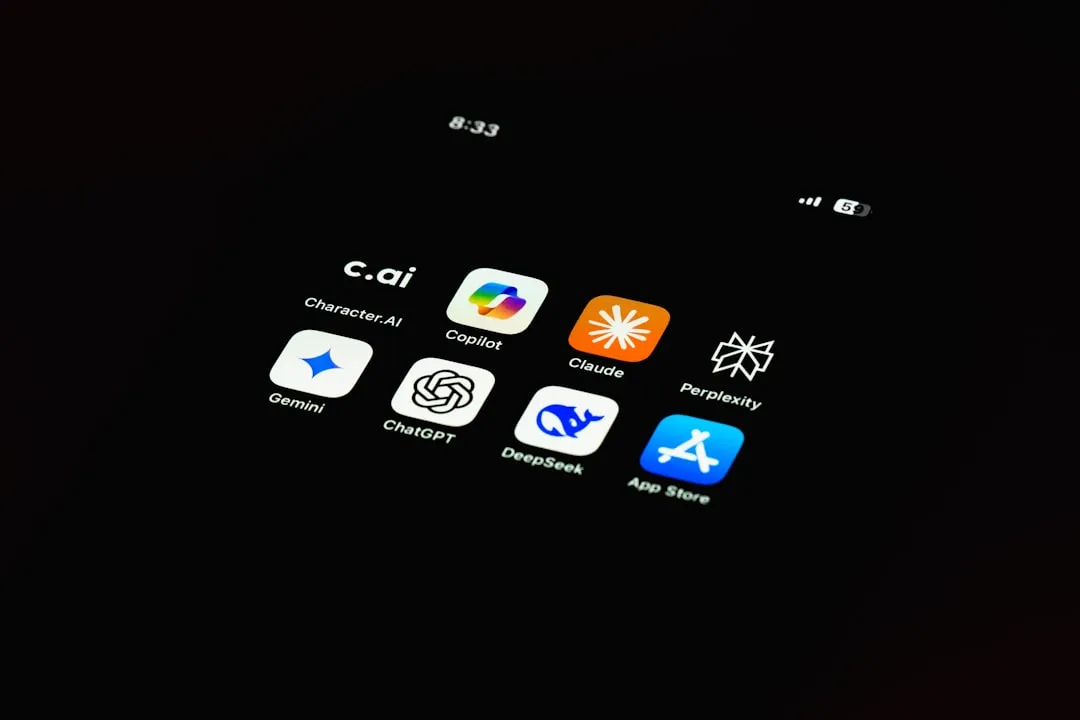This week, developer Niantic began rolling out a new feature called AR Mapping to Pokémon GO that has bigger implications on the realism of augmented reality in mobile gaming and beyond.
AR Mapping is a Field Research task type that players unlock by spinning PokéStops that carry the blue AR Mapping label.
While Field Research objectives typically involve catching or interacting with pocket monsters, engaging in battles or raids, spinning other PokéStops, or other in-game tasks, AR Mapping involves capturing images of the real-world locations behind PokéStops.




After uploading the footage to Niantic's servers, players can claim in-game rewards in the form of consumable items (I've received Pokéballs and a Max Revive).
In return for players' participation, Niantic receives real-world data that feeds its Niantic Real World Platform, the company's AR cloud technology that uses the 3D maps to enable more realistic AR experiences in games from Niantic and other developers who adopt the platform.




These experiences include occlusion, where AR content appears in front of or behind real-world objects, persistent content, where AR objects are fixed in the same physical place over time, and multiplayer support, where players "see" AR content in the same physical space through their own devices.
For frame of reference, the approach is not unlike the Live View AR walking navigation mode in Google Maps. Live View uses the Street View images captured by its fleet of mapping cars to compare what the smartphone camera sees in order to precisely orient the device location and position and display AR content on the camera view. Instead of paying drivers to capture every inch of Earth, Niantic compensates players with rewards that carry in-game value to record specific locations.
Real World is already at work behind several experiences in Pokémon GO. Earlier this year, the company added Reality Blending, which enables occlusion, or the ability for AR content to appear in front of or behind real-world objects. Adventure Sync, the feature that gives Pokémon GO as well as Harry Potter Wizards Unite background step tracking, and Buddy Adventure, which includes the ability for you and up to two other friends to take a photo with your respective Pokémon buddies, also rely on the platform.
Conceptually, AR Mapping would enable the next step in evolving AR in Pokémon GO. Alongside the announcement of Real World, Niantic shared several demos that show off the future capabilities of the platform. Along with footage of Pokémon running around and behind objects in the physical world, Niantic showed off an AR laser tag game called Neon.
We've just scratched the surface of the impact that AR can have on our connection to the people and places around us. Imagine everyone, at the same time, being able to experience Pokémon habitats in the real world or watch dragons fly through the sky and land on buildings in real-time. Imagine our favorite characters taking us on a walking tour of hidden city gems, or friends leaving personal notes for others to find later.
Apply the abilities in these demos to Pokémon GO, and as Niantic builds out its 3D maps, we could see, say, raids where the participants see the same battle unfold in the camera view in front of them. Or Pokémon running around in the wild through our cameras instead of on a map view. And, because Real World will be available to other developers, your AR Mapping contributions today in Pokémon GO could come into play in future AR games.
The AR experience in Pokémon GO has already come along way from its launch, where virtual pocket monsters simply floated in mid-air without regard for their surroundings. It has the potential to get much better from here on out.
Cover image, screenshots, and GIFs by Tommy Palladino/Gadget Hacks

























Comments
Be the first, drop a comment!